Pregnancy is not a new phenomenon. Women have been getting pregnant and giving birth for many thousands of years, and it is almost a certainty that they have been trying for the same length of time to find ways of confirming their pregnancy in its early stages. The options of visiting a doctor or buying an over-the-counter pregnancy test from a pharmacy were not available to the ancestors of modern women. They relied on what is now called a DIY pregnancy test, and their traditional methods can still be used today.
1- Toothpaste Pregnancy Test
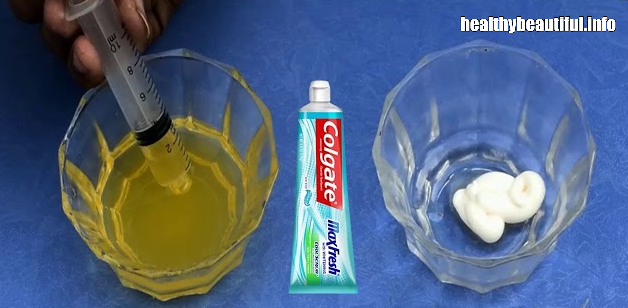
The toothpaste pregnancy test is a popular but unofficial home pregnancy test method. It involves using toothpaste to detect pregnancy by mixing it with a woman’s urine. The idea is that the chemical composition of toothpaste will react with certain hormones present in a pregnant woman’s urine, causing a noticeable change in the toothpaste.
Here’s a general overview of how some people attempt the toothpaste pregnancy test:
- Use plain white toothpaste for this test.
- Place a small amount of toothpaste in a container.
- Add a few drops of morning urine to the toothpaste.
- Wait for a reaction; some claim that if the toothpaste changes color or froths, it indicates pregnancy.
2- Sugar Pregnancy Test
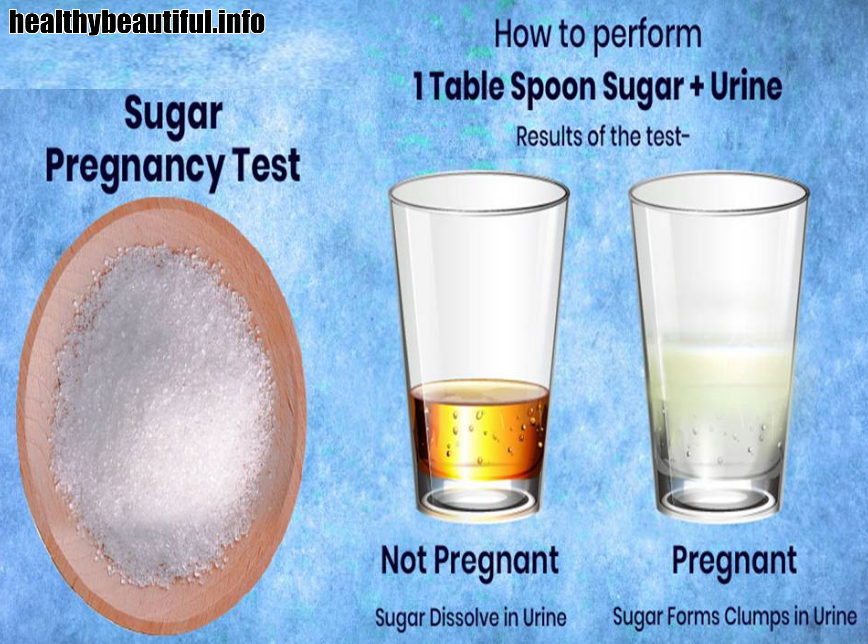
The sugar pregnancy test is another home remedy for checking if a woman might be pregnant, but it lacks scientific validity and reliability.
Here are the general steps that some people follow when attempting a sugar pregnancy test:
- Place a few tablespoons of sugar in a bowl.
- Add a few drops of morning urine to the sugar.
- Wait for a reaction; some believe that if the sugar clumps together, it may suggest pregnancy.
3- Bleach Pregnancy Test
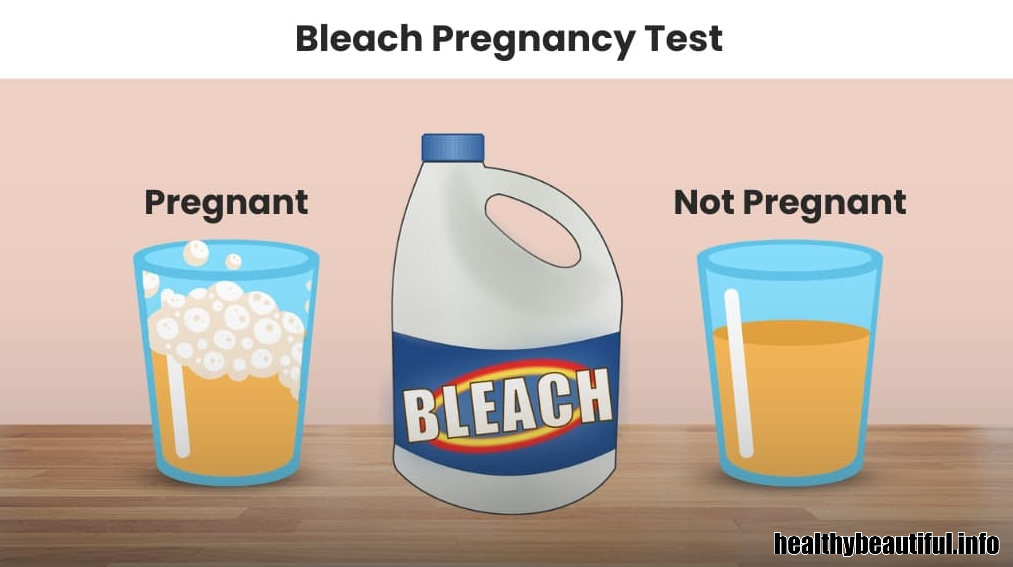
The bleach pregnancy test is another home remedy that some people try, but it’s not a scientifically proven or reliable method for confirming pregnancy.
Here’s a general outline of the steps involved:
- Use plain bleach for this test.
- Mix equal parts of bleach and morning urine in a container.
- Wait for a reaction; some suggest that if the mixture fizzes or foams, it could indicate pregnancy.
4- Vinegar Pregnancy Test
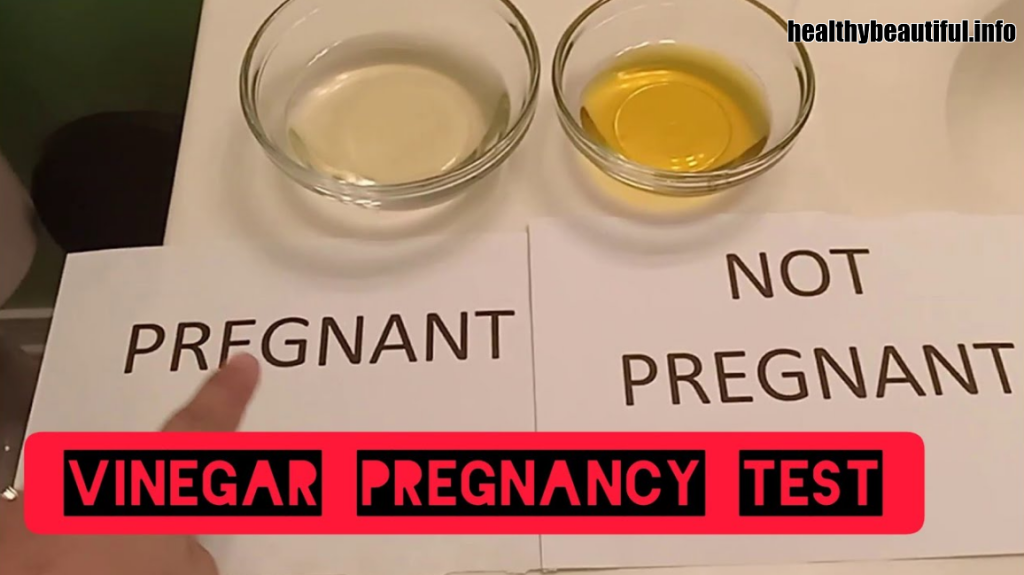
The vinegar pregnancy test is another home remedy that some people may attempt, but it’s important to note that it lacks scientific validation and reliability.
Here’s a general overview of the steps involved:
1- Mix equal parts of white vinegar and morning urine in a container.
2- Some claim that a change in color or appearance may suggest pregnancy.
5- Pine-Sol Pregnancy Test

The Pine-Sol pregnancy test is another unverified and unscientific home remedy that some people may attempt. It involves using Pine-Sol, a household cleaning product, to supposedly detect pregnancy. However, it’s crucial to understand that this method lacks scientific validity and reliability.
Here’s a general outline of the steps involved:
- Mix a small amount of Pine-Sol cleaner with morning urine.
- Wait for a reaction; some believe that a change in color or consistency indicates pregnancy.
6- Dandelion Leaves Pregnancy Test

The dandelion leaves pregnancy test is another unconventional and unscientific home remedy. This method suggests using dandelion leaves to supposedly determine pregnancy. It’s essential to note that there is no scientific basis for this test, and its accuracy and reliability are not established.
Here’s a general overview of the steps people may follow when attempting a dandelion leaves pregnancy test:
- Collect fresh dandelion leaves and place them in a container.
- Urinate directly onto the leaves, ensuring they are well-soaked.
- Wait for about 10 minutes.
- Some claim that if red blisters or spots appear on the leaves, it could indicate pregnancy.
7- Mustard Powder Pregnancy Test
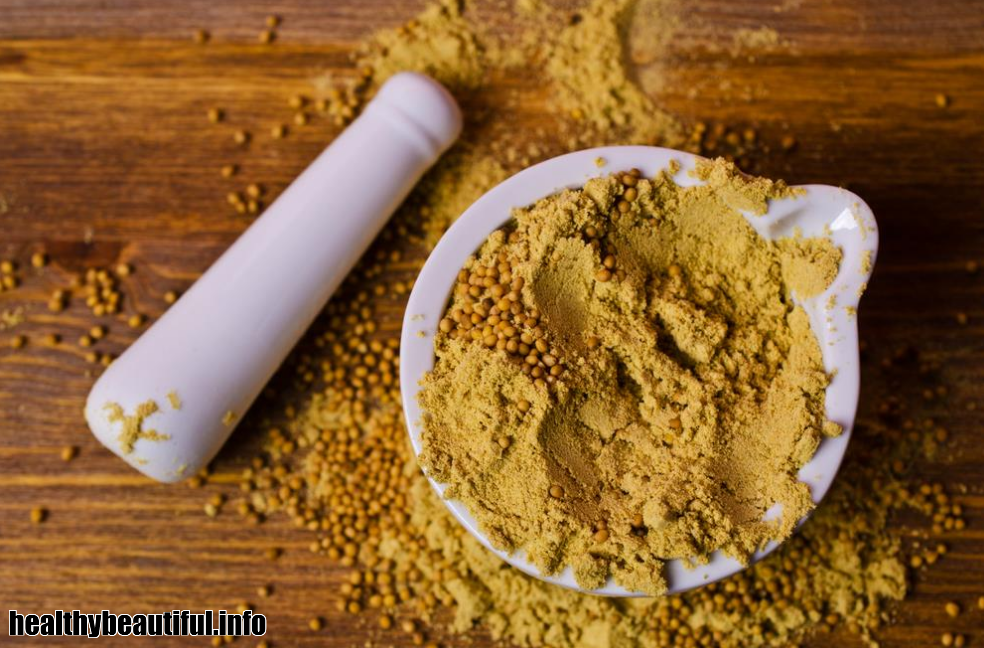
The mustard powder pregnancy test is another unconventional home remedy that lacks scientific validation and reliability. It involves using mustard powder to purportedly determine pregnancy.
Here’s a general overview of the steps people may follow when attempting a mustard powder pregnancy test:
- Add two tablespoons of mustard powder to a warm bath.
- Soak in the bath for about 20 minutes.
- Rinse off and wait for a reaction; some believe that if your period is delayed, it may suggest pregnancy.
8- Wheat and Barley Pregnancy Test

The wheat and barley pregnancy test is another unconventional home remedy that is not scientifically validated or reliable for determining pregnancy. It involves using wheat and barley grains to supposedly detect pregnancy.
Here’s a general overview of the steps people may follow when attempting a wheat and barley pregnancy test:
- Take equal amounts of wheat and barley seeds and place them in separate containers.
- Add a small amount of urine to each container.
- Wait for a few days.
- Some claim that if the wheat sprouts, it indicates the possibility of pregnancy.
9- Tylenol and Peroxide Pregnancy Test

The use of Tylenol (acetaminophen) and peroxide as a pregnancy test is not a reliable or scientifically validated method. It’s important to note that home remedies like this lack the accuracy and consistency found in commercially available pregnancy tests.
Here’s a general overview of the steps people may follow when attempting a wheat and barley pregnancy test:
- Crush a Tylenol tablet and mix it with hydrogen peroxide.
- Add a few drops of morning urine to the mixture.
- Wait for a reaction; proponents of this method suggest that if the mixture turns fizzy or bubbly, it might indicate pregnancy.
Conclusion
In summary, the article on “9 Super Simple Homemade Pregnancy Tests” explores unconventional methods such as toothpaste and vinegar tests. While these DIY tests may pique curiosity, it’s crucial to acknowledge their lack of scientific validation. For reliable results, it’s best to use commercial pregnancy tests or consult healthcare professionals. Join the conversation by sharing your thoughts or experiences in the comments, creating an engaging community discussion around pregnancy testing and reliable methods.
FAQ
Are homemade pregnancy tests reliable?
No, homemade pregnancy tests, including methods using toothpaste, vinegar, mustard powder, and others, lack scientific validation. For accurate results, it is recommended to use commercially available home pregnancy tests or consult with a healthcare professional.
Why do people try homemade pregnancy tests?
Some individuals may attempt homemade pregnancy tests due to curiosity, convenience, or limited access to commercial tests. However, it’s essential to recognize that these methods are not scientifically proven and may yield inaccurate results.
What’s the risk of relying on homemade tests?
Relying on homemade pregnancy tests carries the risk of inaccurate results, leading to confusion and unnecessary concern. For reliable and trustworthy outcomes, it is best to use tests designed and validated for pregnancy detection.
Can engaging in community discussions help?
Yes, sharing experiences and insights in community discussions can be valuable. It creates a platform for open conversations about pregnancy testing, dispelling myths, and promoting accurate information. However, it’s crucial to emphasize the importance of consulting healthcare professionals for reliable guidance.
What alternatives are recommended?
For accurate pregnancy testing, commercially available home pregnancy tests are recommended. These tests are designed to detect specific hormones associated with pregnancy and have undergone scientific validation for reliability. Seeking advice from healthcare professionals ensures proper guidance and support.
Are there any health risks associated with homemade pregnancy tests?
While homemade pregnancy tests typically use common household items, there’s a potential risk of misinterpretation and reliance on unverified methods. Depending on these tests for pregnancy confirmation may delay seeking proper medical care and advice, which is essential during pregnancy.
Can homemade pregnancy tests ever be accurate?
There’s no scientific evidence supporting the accuracy of homemade pregnancy tests. Factors such as individual variations, inconsistent procedures, and lack of standardized ratios contribute to the unreliability of these methods. Commercially available tests are designed and validated for accuracy.
Why should one consult with a healthcare professional?
Healthcare professionals provide expert guidance, ensuring accurate results and appropriate care during pregnancy. Relying on homemade tests alone can lead to uncertainties, whereas professional advice offers a comprehensive understanding of one’s health and the necessary steps to take.
What role does community engagement play in this context?
Engaging in community discussions allows individuals to share their experiences and learn from others. However, it’s essential to encourage responsible conversations that emphasize the importance of verified methods and consulting healthcare professionals for reliable information and support.
How can we promote responsible discussions around homemade pregnancy tests?
Encouraging users to share experiences responsibly, emphasizing the limitations of homemade tests, and directing discussions toward verified methods and professional advice are essential. Fostering an informative and supportive community helps combat misinformation and promotes accurate knowledge-sharing.

